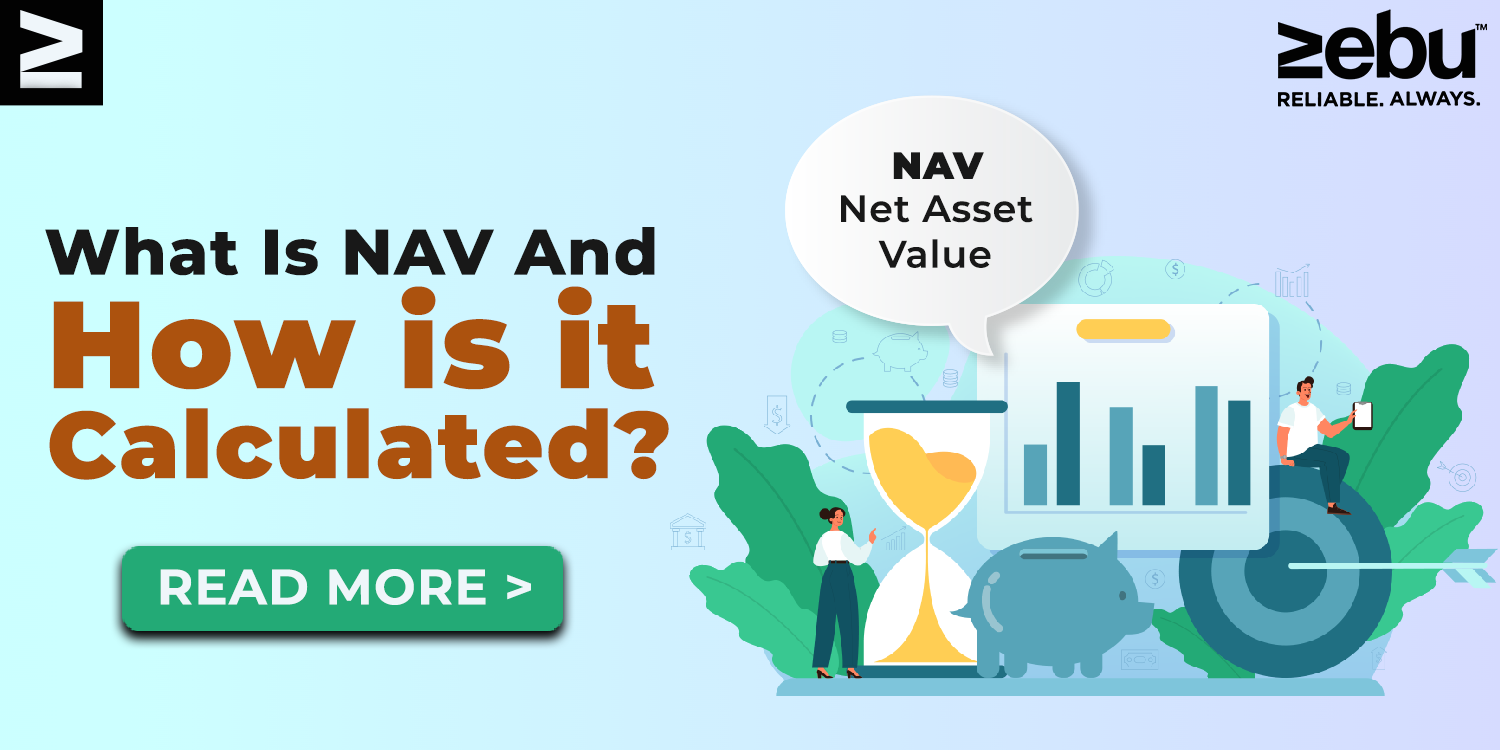
If you have never invested in a mutual fund before, you might want to know what NAV stands for. NAV, which stands for “net asset value,” is a term for how much each unit of a mutual fund costs. The NAV is calculated every day based on the closing prices of all the securities that the different mutual fund schemes own. Unlike share prices, which change often during trading hours, the NAV is based on the closing prices of all the securities. The expenses of a mutual fund scheme, such as fund management, administration, distribution, etc., are charged in proportion to the scheme’s assets and are reflected in the NAV.
How do you figure out NAV?
Once you know what NAV is, you should be curious about how it is decided.
A mutual fund company (AMC) asks people to join a new scheme through a “new fund offering” (NFO). In an NFO, each unit of a plan costs Rs 10. Let’s say that during the NFO, different investors give Rs 1,000 crores to the AMC. The fixed issue price of Rs 10 for NFO subscribers means that the AMC gives investors units based on how much money was raised. In this example, Rs 1 trillion was raised through the NFO, and Rs 10 was set as the NAV. Because of this, the AMC issues 100 billion units (1,000 billion rupees / 10 rupees NAV) and gives them to investors in proportion to how much they have invested. So, if you gave Rs 1 lakh to this NFO, you would get 10,000 units in return. So, you now know how NAV is calculated.
Let’s look at this in more detail. According to the program mandate, the Rs 1,000 crores raised in the NFO are invested in a variety of assets. The market value of these assets changes every day. Let’s also say that the next day, the value of the scheme’s portfolio of assets goes up from Rs 1000 crore to Rs 1020 crore. For now, let’s forget about the costs of the plan to keep things simple. The plan’s NAV will be Rs. 10.2. (Rs 1,020 billion divided by 100 billion outstanding units) Your original Rs. 1 lakh NFO investment is now worth Rs. (10,000 units x Rs 10.20 NAV).
With the NAV for the day, investors can buy or sell units in an open-ended mutual fund scheme at any time. If there is no exit load, investors can sell their shares for the same price as when they bought them (exit load is a charge applied by the scheme for redemptions within a certain specified period). In other words, NAV stands for the price at which investors can buy or sell units of a mutual fund.
What does the net value of an asset mean for investors?
Does the NAV really matter? NAV is the only thing that decides how many units you get for your investment amount. As an investor, you should care more about the value of your investment than the number of units you own. The growth of a scheme’s NAV is more important than the NAV itself. That is, return should be more important than NAV.
The role of a fund’s NAV in how well it does
Some investors think that NFOs are cheap because they are sold at a NAV of Rs. 10. The NAV of a mutual fund unit is based on the value of the securities it owns and the total amount of money it has made since the beginning of the scheme. Even though two different mutual fund schemes may have the exact same portfolio of securities, they might have different NAVs but the intrinsic value of both schemes will be the same.
So, the NAV of a mutual fund scheme is not a good way to measure how well that scheme has done. Before choosing an investment, an investor should always think about how well the scheme has done in the past and how much it costs overall, among other things.
Conclusion
We’ve talked about what NAV means and how to figure it out. The NAV is only used to figure out how many units will be given to your investments. It doesn’t matter what the NAV was when you bought the units as much as how much their value has grown. The growth in NAV is much more important than NAV. With this information about NAV, you should be able to make better decisions about how to invest.
